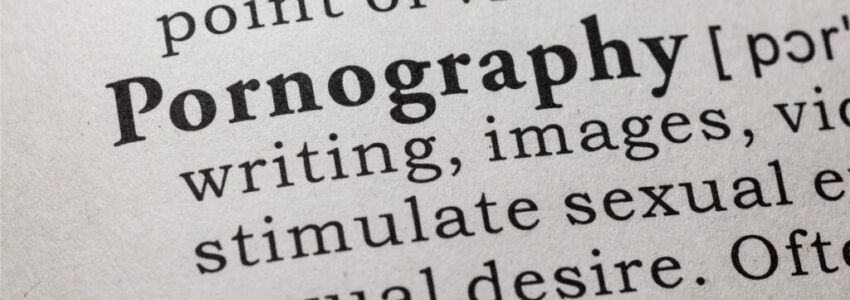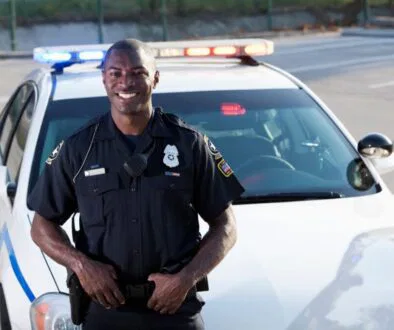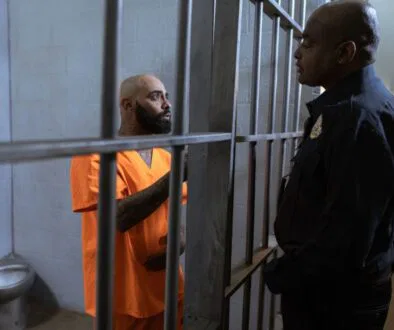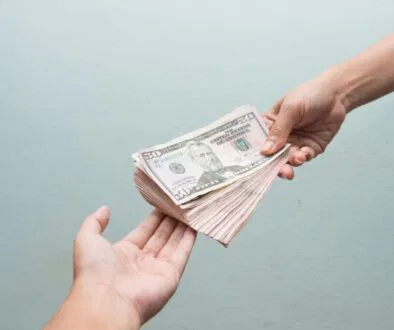Possession of Child Pornography: Can It Send You to Prison?

Published Aug 29, 2021
Possession of child pornography by any kind is considered a lewd act. These days, anything is accessible, including child pornography. Having possession of child pornography became easier for everyone because of the internet. These types of crimes are sex offenses and are easily done by downloading images from the internet that sexually exploit a minor (an individual under 18). Furthermore, possession or distribution of child pornography of any sort is punishable under both state and federal laws.
What is Child Pornography?
Child pornography refers to any image or video of a minor that depicts any sexually related acts or sex itself. Even computer-generated content that can make anyone appear as minors can be punished. Pictures of child pornography are also known as child sexual abuse images. The only exception to child pornography is depictions that are for political, artistic, and educational use. One example of exemption for this law is a science book wherein certain parts of a child are shown for educational purposes. Being exempt from this law is difficult, especially if you don’t have pure intentions.
Examples of Child Pornography
Examples of the different kinds of child pornography include:
-
Visual material to represent a child’s private parts for sexual purposes
-
Any kind of representation of a minor taking part in sexual activity
-
Exhibiting (a photo, video, or any kind of visual representation) or describing a sexual activity to a child
Effects of Child Pornography on Victims
These are some of the things that victims of child pornography might have or will experience:
- Mental illnesses like depression, anxiety, and PTSD
- Physical Injuries
- Sexually Transmitted Disease
- Trauma
The existence of child pornographies may encourage other minors to normalize sex or any sexual behaviors.
How Do I Know If I Can Get Charged With Child Pornography?
A person can be charged with child pornography if they knowingly possess, distributes, or receives any pornographic content of a minor on purpose. Accidentally stumbling upon child pornography on the internet can’t get someone to jail unless that person intentionally looked for it and downloaded it. On the other hand, owning lots of child sexual abuse images may send one to prison since he accesses with intent to exploit a child.
Different Child Pornography Laws
Below are the federal laws on child pornography:
- 18 U.S.C. § 2251 — Sexual Exploitation of Children (Producing child pornography)
- 18 U.S.C. § 2251A — Selling and Buying of Children
- 18 U.S.C. § 2252 — Certain activities relating to material involving the sexual exploitation of minors (Possession, distribution, and receipt of child pornography)
- 18 U.S.C. § 2252A — Certain activities relating to material constituting or containing child pornography
- 18 U.S.C. § 2256 — Definitions for Child Pornography
- 18 U.S.C. § 2260 — Production of sexually explicit depictions of a minor for importation into the United States
Defenses to Child Pornography Charges
The most common defense in the cases of child pornography is that the accused didn’t intentionally download the image or video. Unfortunately, many untrusted websites mislabel their files, so many people accidentally download an illegal file without them knowing. If the accused and his defender can prove that he didn’t intentionally or knowingly download the illegal content, he will be proved innocent.
Punishment for Child Pornography Possession or Distribution
Sex offenders who attempt to commit a child pornography offense will be subject to prosecution under federal law. The punishment of the crime depends on what he/she has violated.
At its lowest level, under 18 U.S. Code § 2252 (a)(4), knowingly possessing or accessing with intent to view child pornographic material will get you a fine and a maximum sentence of 10 years. If the material in question depicts a minor under 12, the maximum goes up to 20 years. Furthermore, if the defendant has a prior conviction for a sex crime, they may see a minimum of 10 years and a maximum of 20.
Under 18 U.S. Code § 2252 (b)(1), almost any case of possession may fall under “receipt,” which carries similar penalties as distribution. This can get you a minimum of 5 years and a maximum of 40 in jail. Any defendant that pleads guilty or is convicted of receipt or distribution must be sentenced to a minimum of 5 years by the judge.

ADVERTISEMENT
Child Pornography Laws
The specific charge depends on the situation and the severity of the violation. While not all cases may qualify as federal ones, any of them involving the internet will. In such cases, states may file criminal charges in addition to federal charges. Additionally, any acts involving interstate or foreign commerce that cross state and international lines will be considered a federal offense.
Federal laws addressing child pornography are:
- 18 U.S.C. § 2251– Sexual Exploitation of Children (Production of child pornography)
- 18 U.S.C. § 2251A– Selling and Buying of Children
- 18 U.S.C. § 2252– Certain activities relating to material involving the sexual exploitation of minors (Possession, distribution, and receipt of child pornography)
- 18 U.S.C. § 2252A– certain activities relating to material constituting or containing child pornography
- 18 U.S.C. § 2256– Definitions
- 18 U.S.C. § 2260– Production of sexually explicit depictions of a minor for importation into the United States
Punishment
Punishment under federal law will vary according to the gravity of the crime.
At its lowest level, under 18 U.S. Code § 2252 (a)(4), knowingly possessing or accessing with intent to view child pornographic material will get you a fine and a maximum sentence of 10 years. If the material in question depicts a minor under 12, the maximum goes up to 20 years. Furthermore, if the defendant has a prior conviction for a sex crime, they may see a minimum of 10 years and a maximum of 20.
Under 18 U.S. Code § 2252 (b)(1), almost any case of possession may fall under “receipt,” which carries similar penalties as distribution. This can get you a minimum of 5 years and a maximum of 40 in jail. Any defendant that pleads guilty or is convicted of receipt or distribution must be sentenced a minimum of 5 years by the judge.
Lastly, if someone pleads guilty or is convicted of producing child pornography, this is considered as “sexual exploitation of children” under 18 U.S. Code § 2251 and could get you a 15-year mandatory sentence. Child pornography laws are so strict that under this section, you could serve time for taking any sexually explicit pictures of a minor, regardless of knowledge of the child’s age.
In addition to the sentence you’ll receive for violating child pornography laws, you will be required to register as a sex offender. Child pornography convictions carry grave consequences, such as unemployability for many jobs. During parole, you will be given restrictive conditions to live by, including where you live, who you live with, and how you use electronic devices. It’s not uncommon to submit to regular polygraph testing and mandatory therapy as well.
State laws on child pornography differ, but here’s a directory you might think of using.
Reduce Your Jail Call Costs By Up To 90% Per Minute With GlobalTel
GlobalTel’s inmate calling service lowers jail call per minute rates by up to 90% for jail calls from US facilities. Sign up now and use the special jail call phone number we create for you to eliminate the long distance jail call fees. Try GlobalTel for only $45.99 for 90 days. Make US/domestic and international jail calls at the local rate and stay connected to your incarcerated loved ones for less. Learn more about how to sign up for calls from inmates here.

This Content Is Fact Checked
Our esteemed team of specialists has thoroughly validated the accuracy of this information. Discover further details about the rigorous editorial guidelines for our website here.
ADVERTISEMENT

About The Author
Krizzia Paolyn is an SEO Specialist with a bachelor’s degree in Psychology. It has always been her passion to share her voice, and at the same time, to encourage other people to speak up.




